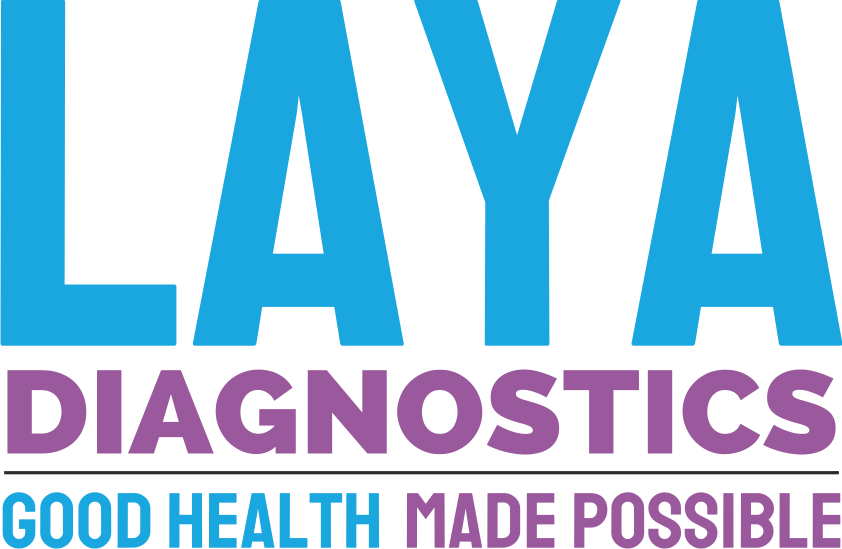.jpeg)
.jpeg)
Master Health Check-Up
About
In tiresome daily life, people often ignore their health and body problems, leading to more hazardous diseases in the future. A very common saying “Precaution is better than cure” means that it is better to be cautious than
to regret in the future. One must get his/her health checked up regularly to prevent their body from various diseases by acting on the results of health check-up tests.
Here are a few tests which almost cover the entire
body check-up, helping in finding out problems in their body and taking preventive measures to cure or saving the health from deteriorating further.
 Offers
Offers
Offer Price - Contact Branch for Rates & Offers
Test list
- FBS & PPBS
- LIPID PROFILE
- LIVER FUNCTION
- RENAL PROFILE
- HAEMOGRAM
- THYROID PROFILE
- HBSAG, HIV SCREEING
- BLOOD GROUPING
- ELECTROLYTES (Na, K, Cl, ICa)
- HBA1C
- URINE ANALYSIS
- STOOL EXAMINATION
- HBA1C
- X- RAY CHEST PA VIEW
- ECG
- ECHO CARDIOGRAM
